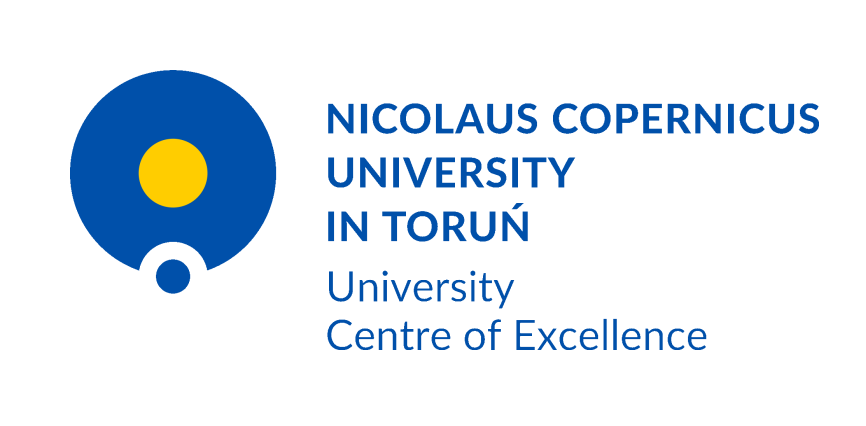
EAI Summer School – 19-26 August 2020
The idea behind the school is to gather people from different backgrounds, incl. astronomy, geology, biology, physics, journalism and teaching, and provide them with the opportunity to work in multidisciplinary groups on solving scientific problems.The program of the school will include joint lectures – from protoplanetary discs and exoplanets to geologic features of the surfaces of Earth and Mars – and afternoon hands-on sessions in small, interdisciplinary groups. Participants will present posters and flash talks about their work at the beginning of the school. Presentations by groups of students about the results obtained as part of the school are schedules at the final day of the school.
The EAI Summer School is organised as a part of project „International Academic Partnerships in Sciences with Nicolaus Copernicus University in Toruń” (InterAPS). The funding is provided by the Polish National Agency for Academic Exchange and coordinated by the Nicolaus Copernicus University in Toruń.

JWST Master Class workshop – 11-13 March 2020
The launch of the James Webb Space Telescope is expected in March 2021 and the first call for proposals for general observers will be issued on January 23, 2020 with the proposal deadline on May 1, 2020. The aim of the JWST workshop is to train the astronomical community in JWST capabilities and to prepare for the proposal preparation and submission in Cycle 1.
ESA is coordinating a series of local JWST master class workshops across Europe and here we announce the workshop that will be held on March 11-13, 2020 in the Faculty of Physics, Astronomy, and Informatics of the Nicolaus Copernicus University in Toruń, Poland. The workshop was organised in close collaboration with Leiden Observatory, the Netherlands, and strongly supported by ESA through the JWST Master class workshop. The funding was provided by the Polish National Agency for Academic Exchange – „International Academic Partnerships in Sciences with Nicolaus Copernicus University in Toruń” (InterAPS).
The topics of the workshop include in particular: status and JWST instruments, proposal Tools and observing science modes, hands-on sessions including a special training in moving targets, cycle 1 call for proposals and tips on how to write a successful proposal.

Astropol Summer School – 23-27 September 2019
Astronomical objects radiation shows some degree of polarization. In most cases, the polarized part is just a small fraction of the total radiation. However, even being a small part of total flux, it carries a wealth of information on the physical state and geometry of the source of radiation. In addition, this radiation also interacts with the intervening material and thus provide us with information on the interstellar matter. Polarimetry is an almost as traditional technique as photometry and spectroscopy in astronomical observations and has already contributed to a large degree in our understanding of astronomical sources of radiation.
Still, polarimetry is not well spread and use among astronomers. The aim of the Toruń Summer School 2019: Polarimetry as a diagnostic tool in astronomy is to fill this gap and to introduce to the school participants the polarimetric basics and the modern techniques and instrumentation.
During one week school, the world-class experts on polarimetry gave lectures and hands-on sessions on the following topics: an introduction to polarimetry, instruments and observational techniques, methods, principles, errors calculation and propagation, polarization of interstellar matter, polarized light from exoplanets and planetary atmospheres, comets and asteroids, young stellar objects, protoplanetary disks and debris disks, as well as on magnetised stars, compact objects and AGNs and galaxies.
The School is financed under contract 865/P-DUN/2018 from the resources of Ministry of Science and Higher Education supporting activities of science dissemination.

TASQ Summer School – 1-12 July 2019
Summer school on astrophysics, spectroscopy and quantum chemistry was held in the Faculty of Physics, Astronomy, and Informatics of the Nicolaus Copernicus University in Toruń, Poland. It was intended mainly for PhD students who want to expand their knowledge and gain practical skills in the key themes of the school. The idea behind the school was to trigger discussions and cross-disciplinary research projects which are often hindered by the lack of common language used by the scientists representing observational, theoretical and experimental approaches.
The TASQ Summer School was organised as a part of project „International Academic Partnerships in Sciences with Nicolaus Copernicus University in Toruń” (InterAPS). The funding is provided by the Polish National Agency for Academic Exchange and coordinated by the Nicolaus Copernicus University in Toruń. The meeting was co-funded from the European Social Fund as part of the Program Knowledge Education Development, a non-contest project entitled “International scholarship exchange of PhD candidates and academic staff, agreement number POWR.03.03.00-00-PN/13/18”.


 ul. Grudziądzka 5, 87-100 Toruń
ul. Grudziądzka 5, 87-100 Toruń